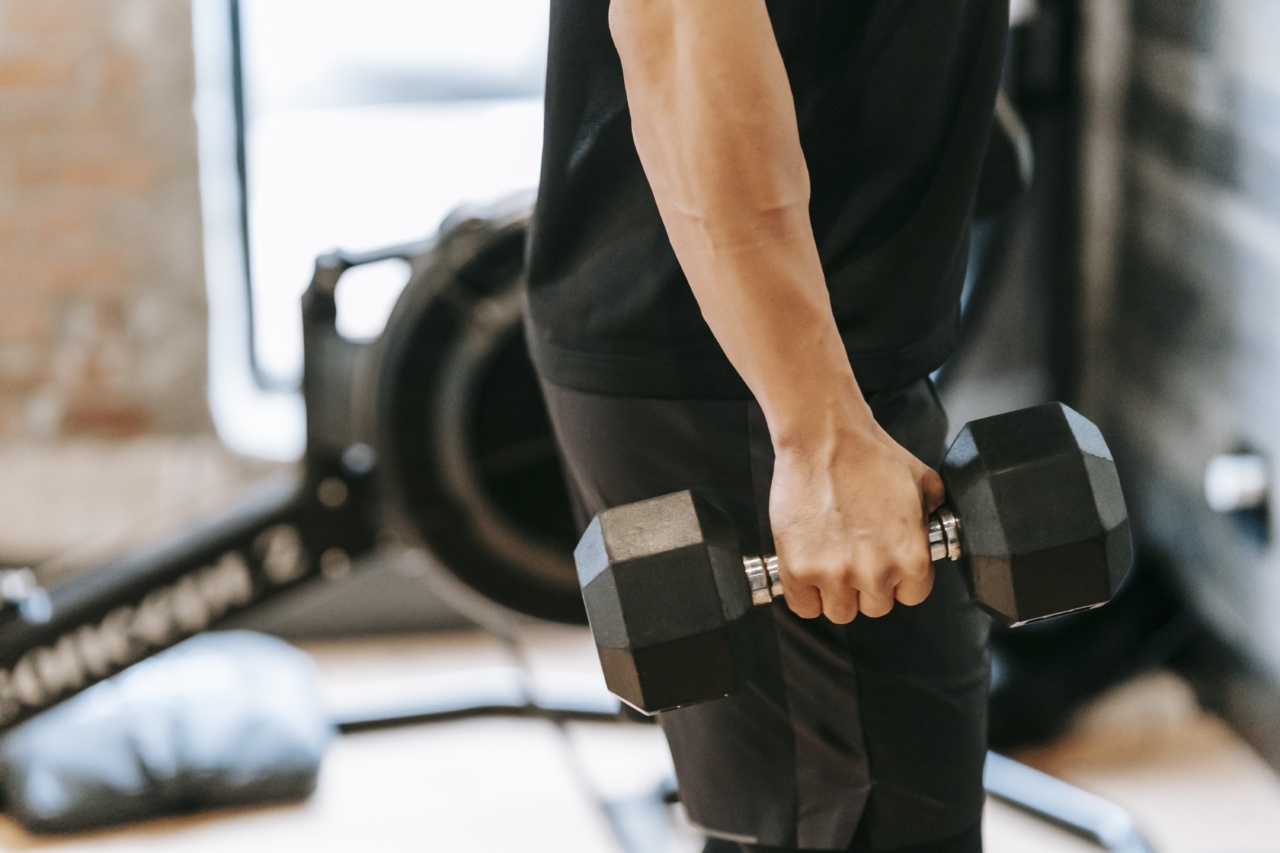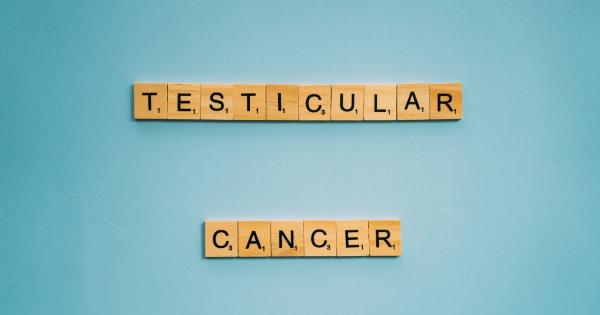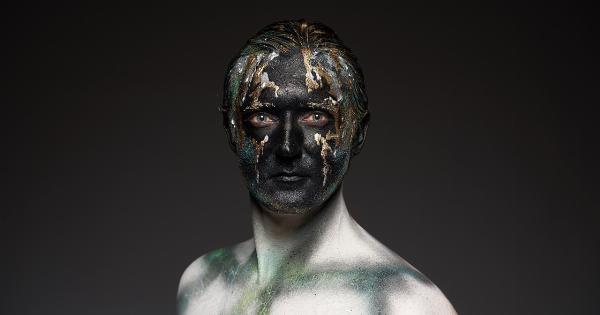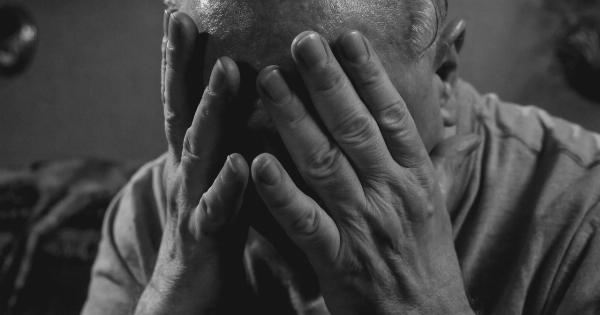There are many myths and misconceptions about the male physique that have been perpetuated over the years. Some of these myths are harmless, while others can have serious consequences for men’s health and well-being.
In this article, we will take a closer look at some of the most common myths about the male physique and explore the truth behind them.
Myth #1: All men are strong and muscular
One of the most prevalent myths about the male physique is that all men are strong and muscular. This myth is perpetuated by media representations of men as muscular superheroes or action heroes.
The truth is that not all men have the genetic predisposition to develop large amounts of muscle mass. In fact, there is a wide range of body types and shapes that are considered normal and healthy for men.
While regular exercise can help build strength and muscle mass, it is not possible for all men to achieve the same level of muscularity as the superheroes they see on screen.
Men should focus on maintaining a healthy level of fitness and strength, rather than trying to attain an unrealistic ideal.
Myth #2: Men don’t need to watch their weight
Another common myth about the male physique is that men don’t need to watch their weight. This myth is based on the idea that men have a higher metabolism and can burn off calories more easily than women.
The truth is that men need to watch their weight just as much as women do. Men are also at risk for obesity, heart disease, and other health problems if they consume too many calories and don’t get enough exercise.
Men should pay attention to their body mass index (BMI) and aim for a healthy range. This can be achieved through a balanced diet and regular exercise.
Myth #3: Men should always be tall and lean
Another common myth about the male physique is that men should always be tall and lean. This myth is perpetuated by media representations of tall, thin male models and actors.
The truth is that there is a wide range of body types and shapes that are considered healthy and attractive for men. While some men may be naturally tall and lean, others may be shorter and more muscular.
Men should focus on maintaining a healthy weight and body composition, rather than trying to conform to an unrealistic ideal.
Myth #4: Men don’t get eating disorders
A common myth about eating disorders is that they only affect women. This myth is perpetuated by the idea that eating disorders are primarily about wanting to be thin and conform to society’s standards of beauty.
The truth is that eating disorders can affect both men and women. Men are just as likely to suffer from anorexia, bulimia, and other eating disorders as women are.
The symptoms of eating disorders in men may be different than those in women, but they are equally serious. Men with eating disorders may experience extreme weight loss, fatigue, and a variety of physical and psychological symptoms.
Myth #5: Men don’t have body image issues
Another common myth about the male physique is that men don’t have body image issues. This myth is based on the idea that men are not as concerned with their appearance as women are.
The truth is that men can have just as much anxiety and insecurity about their bodies as women do. Men may feel pressure to conform to a certain standard of masculinity, and may feel ashamed or embarrassed if they don’t meet those standards.
Men should be encouraged to talk openly about their body image issues and seek help if necessary. Seeking counseling or therapy can help men develop a healthier and more positive relationship with their bodies.
Myth #6: Testosterone makes men aggressive
Another common myth about the male physique is that testosterone makes men aggressive. This myth is perpetuated by the idea that men are naturally more aggressive than women.
The truth is that testosterone does not necessarily make men more aggressive. While testosterone can influence aggression to some extent, other factors such as upbringing, environment, and social conditioning also play a role.
Men should not be encouraged to use testosterone as an excuse for aggressive or violent behavior. Instead, they should be encouraged to seek help if they struggle with anger or aggression.
Myth #7: Baldness is always genetic
A common myth about the male physique is that baldness is always genetic. This myth is perpetuated by the idea that male pattern baldness is an inevitable part of aging.
The truth is that while genetics can play a role in male pattern baldness, it is not the only factor. Other factors such as stress, hormonal imbalances, and certain medications can also contribute to hair loss.
Men should not assume that baldness is an inevitable part of aging or that there is nothing they can do to prevent it.
They should strive to maintain a healthy lifestyle, manage stress levels, and talk to their doctor about options for preventing or treating hair loss.
Myth #8: Men shouldn’t show vulnerability
Another common myth about the male physique is that men shouldn’t show vulnerability. This myth is based on the idea that men need to be strong and stoic at all times.
The truth is that showing vulnerability is a normal and healthy part of being human. Men should not be discouraged from expressing their emotions or seeking help when they need it.
Men who struggle with mental health issues such as depression or anxiety should be encouraged to seek counseling or therapy. They should also be encouraged to talk openly about their emotions with friends and loved ones.
Myth #9: Men don’t need to protect their skin from the sun
A common myth about the male physique is that men don’t need to protect their skin from the sun. This myth is based on the idea that men have thicker skin and are less likely to develop skin cancer.
The truth is that men are just as vulnerable to skin cancer as women are. Men who spend a lot of time in the sun should take steps to protect their skin, such as wearing sunscreen, a hat, and protective clothing.
Men who notice any unusual changes in their skin should see a dermatologist for an evaluation.
Myth #10: Men don’t need to worry about their reproductive health
Finally, a common myth about the male physique is that men don’t need to worry about their reproductive health. This myth is based on the idea that men can produce sperm well into old age, and that fertility is not a concern for men.
The truth is that men can experience a variety of reproductive health issues, including infertility, erectile dysfunction, and testicular cancer.
Men should be encouraged to have regular check-ups with their doctor and to seek treatment if they have any concerns about their reproductive health.
Conclusion
There are many myths and misconceptions about the male physique that can have serious consequences for men’s health and well-being.
Men should be encouraged to focus on maintaining a healthy body and mind, rather than trying to conform to an unrealistic ideal.
By challenging myths and stereotypes about masculinity, we can help men feel more comfortable with their bodies and more empowered to seek help when they need it.






























